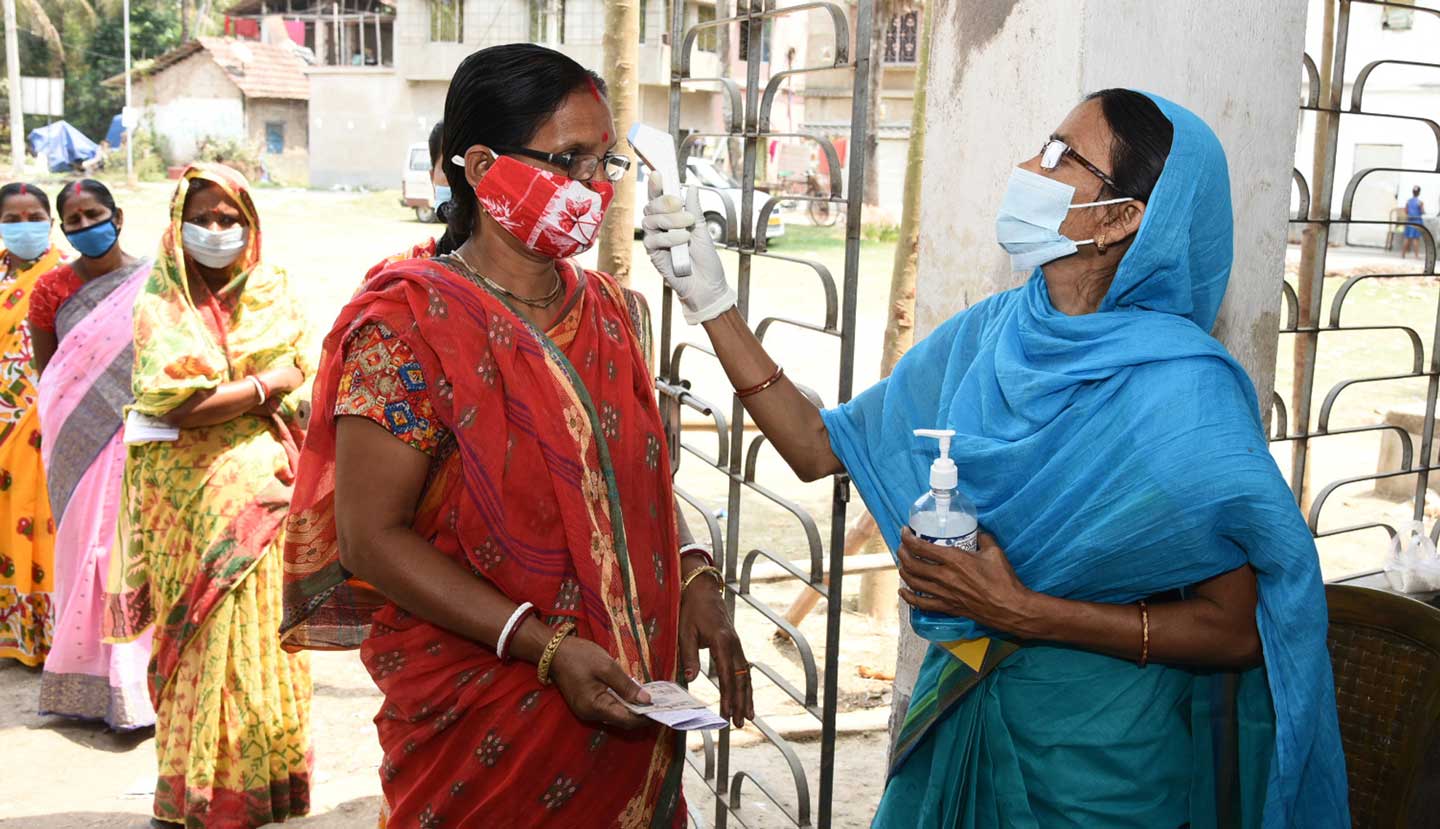The BGA India Team, led by Managing Director Ratan Shrivastava, recently wrote an update to clients on the results of recent state elections held in India. The polls held significance not just for the states where they took place, but also in terms of India’s overall outlook and the implications for companies interested in particular sectors.
Context
Legislative Assembly election results for four states and one union territory were announced on May 2. The polls, which were held in the midst of a resurgence of coronavirus cases in the country, started on March 27 and ended with the counting of votes on May 2. They were held for 294 seats in West Bengal, 234 seats in Tamil Nadu, 140 seats in Kerala, 126 seats in Assam and 30 seats in the union territory of Puducherry.
State elections in India are viewed more as an assessment of parties within states rather than a definitive statement on outcomes at the national level. In this case, the elections were expected to be a referendum for the incumbent regional parties on their handling of the Covid-19 pandemic and management of social and economic issues within their states.
Significance
The elections did not involve any major surprises. In a closely fought election in West Bengal between the Trinamool Congress and Prime Minister Narendra Modi’s Bhartiya Janata Party (BJP), the BJP emerged as the main opposition party with an increased vote share. Trinamool Congress retained power despite a setback for the party supremo, who lost her seat. The Congress Party was defeated in all states, including where it ruled uninterrupted until a decade ago.
A notable feature was a second term win for the Left Democratic Front in Kerala, which has a track record of voting out incumbent governments. The opposition DMK won in Tamil Nadu.
Implications
Companies can expect both the central and state governments to continue prioritizing infrastructure development and Covid-19 relief given the massive second wave India is facing. The central government will move ahead with its development of national highways, port infrastructure, railways and multimodal connectivity in Assam, West Bengal and Tamil Nadu as was announced in the Union Budget 2021. States will be keen to attract foreign investment, offering incentives and subsidies to encourage inflows needed to support large projects.
There will naturally continue to be some variance in sectors depending on the states in question. Particular industries in focus range from renewable energy projects in Assam to digital economy in Kerala.
BGA will continue to keep you updated on new developments as they occur. If you have any questions or comments, please reach out to BGA India Managing Director Ratan Shrivastava at ratan@bowergroupasia.com.

























